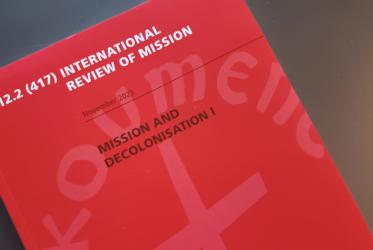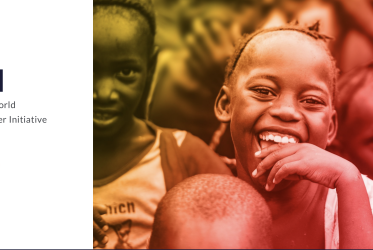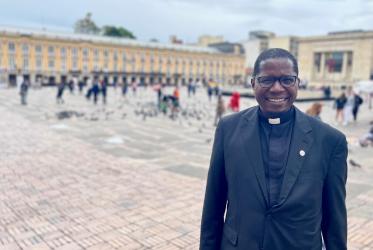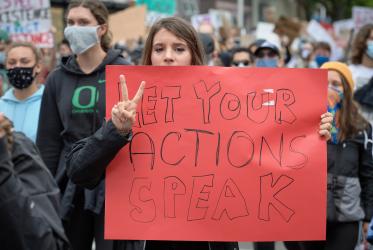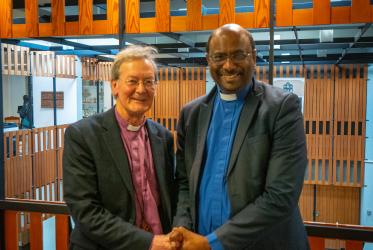Displaying 1 - 20 of 74
What can churches do to prevent modern slavery?
22 February 2024
"True Freedom” webinar: a call to action against modern slavery
11 January 2024
Thirty days that changed the ecumenical movement
23 October 2023
Clewer Initiative, WCC map course for even stronger collaboration
02 February 2023
Major African youth congress opens in Ghana
02 November 2022
Hate Speech and Whiteness: PJP Series 5
Theological Reflections on the Journey Toward Racial Justice
19 August 2022
WCC sends Passover Greetings to Jewish people everywhere
22 April 2022




